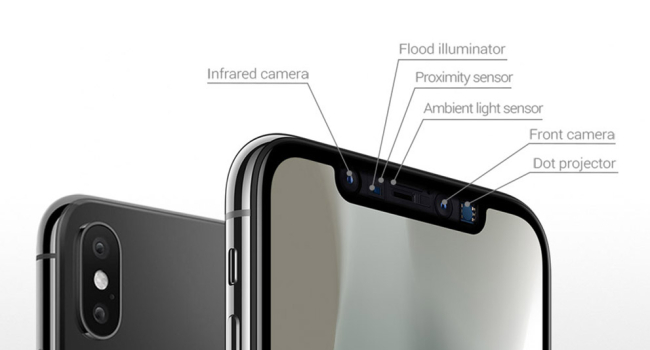
Serious vulnerability found in vast majority of smartphones: What danger does it pose?
American scientists from the Computer Science and Artificial Intelligence Laboratory (CSAIL) at the Massachusetts Institute of Technology have discovered a vulnerability in devices equipped with light sensors and displays. Almost all modern smartphones and other mobile devices meet these criteria. The research has been published in the scientific journal Science Advances (SciAdv).
Light sensors assess the ambient light level and, accordingly, adjust the screen brightness. Unlike smartphone cameras, applications do not need to request user permission to use these sensors.
The CSAIL team has developed a computational visualization algorithm to reconstruct the image of the surrounding environment captured by the light sensor.
"Light sensors can passively track our actions without our permission. Our demonstrations show that in conjunction with displays, these sensors pose a threat to privacy by providing information to hackers," noted the lead author of the study, Yan Liu.
Scientists have proposed two measures to mitigate the consequences of the identified vulnerability for operating system developers: tightening permission policies and reducing the accuracy and speed of the sensors.
By reducing the accuracy and speed of these components, sensors will disclose less confidential information. It is also claimed that from a hardware perspective, the external light sensor should not be directed straight at the user on any smart device but should be placed on the side where it will not register important sensor interactions.
- Related News
- Smartphone catches fire in child's hand in Russia
- 8800 mAh battery, 2.4K IPS screen, thermal imager: Blackview has introduced a new ultra-durable smartphone
- Insider shows mockups of all 4 iPhone 16 models
- Apple sees its worst iPhone sales in US in 6 years
- What risks are hidden in keyboards of Android smartphones?
- iPhone sales in China drop by about 20%: What is the reason?
- Most read
month
week
day
- 10 most interesting architectural works of Zaha Hadid 750
- How will new technologies change future of finance? Interview with director of Apricot Capital (video) 749
- 5 original buildings with curious optical illusions (photos) 741
- What risks do crypto and digital currencies pose? Interview with Rasmus Nielsen 708
- Google is developing a budget smartwatch 636
- 4 flares erupted from Sun in rare event: the Earth may be hit by geomagnetic storm (video) 635
- Alphabet will pay dividends for the first time in its history 632
- Date of new Apple presentation known: When will they show us new iPad Pro with OLED screen? 622
- Large taxpayers of Armenia’s IT sector: What changes have taken place in 2024 Q1? 616
- Mutated bacteria resistant to drugs found on the ISS: What does this mean and why is it a problem? 613
- Archive
